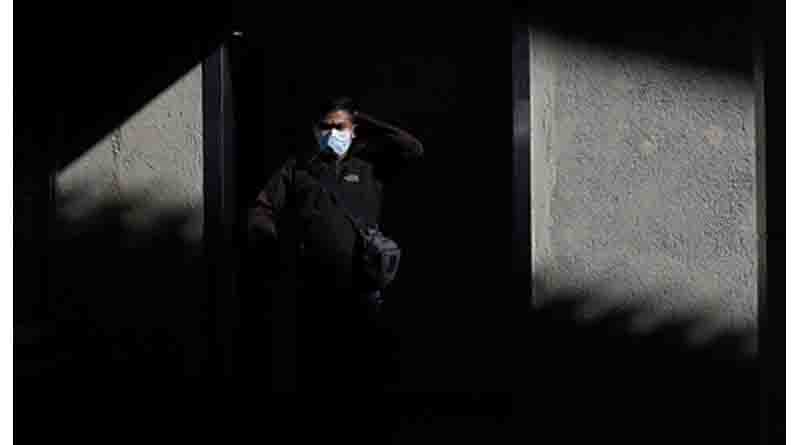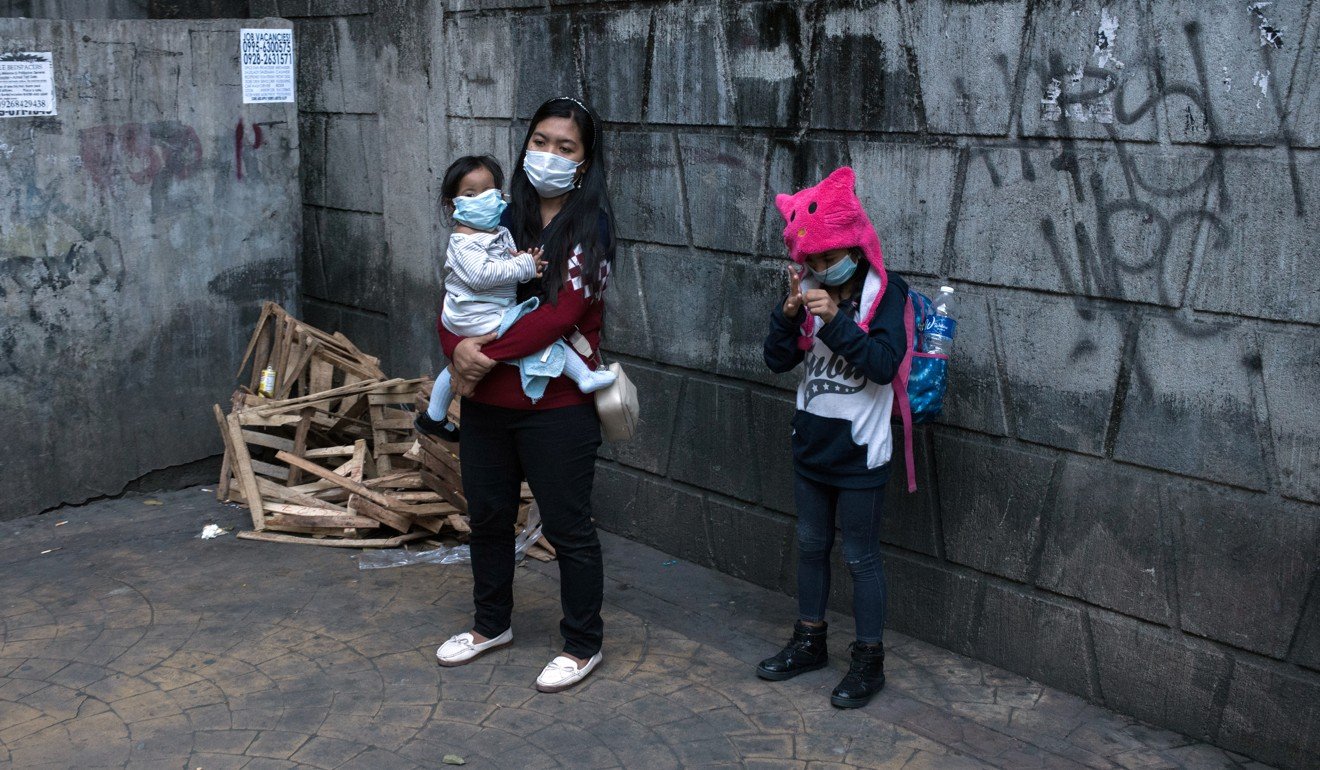Coronavirus: Philippines Records Third Case, Malaysia Confirms Two More Infections, Taking Tally to 12

- Manila issued a sweeping travel ban on Sunday to prevent the deadly virus from spreading, affecting hundreds of Filipino domestic workers
- Meanwhile, Malaysia has cracked down on ‘fake news’ about outbreak, charging a journalist over Facebook posts that could cause ‘fear or alarm’
Philippine health authorities on Wednesday announced the country’s third case of coronavirus in a 60-year-old Chinese woman from Wuhan, the city at the centre of the outbreak.
Meanwhile, in Malaysia, two citizens flown home from Wuhan have tested positive for the coronavirus, the country’s health ministry confirmed on Wednesday, raising the tally of confirmed cases in the country to 12. The outbreak remains a sensitive topic, and a journalist was on Wednesday charged over Facebook posts that could cause “fear or alarm”.
As many as 133 patients are being tested for coronavirus in the Philippines, 16 of whom have been discharged but are still being monitored.

“The president will decide once he sees that it’s stable and safe to lift the ban that refrains Filipino workers who want to go back and work in Hong Kong or [mainland] China,” Nograles was quoted as saying by local newspaper the Philippine Daily Inquirer.
“If they have employment there, of course we realise the need for them to start work immediately. We realise the concern about their jobs there. But we have to balance that with public health, public safety and the safety of the Filipino workers.”
The Philippine Department of Labour and Employment will help all those workers who cannot return to their jobs in Hong Kong, Macau or the mainland because of the ban, Nograles added.
In Malaysia, the two new cases were a 45-year-old man and his nine-year-old son, who did not show any symptoms when subjected to health screening on arrival in Kuala Lumpur. However, lab tests confirmed on Wednesday they had contracted the virus.
Disinformation about the illness remains a major concern in Malaysia, and a journalist was on Wednesday charged for causing public alarm over Facebook posts which included claims 1,000 Chinese nationals had arrived in the country.
Wan Noor Hayati Wan Alias, 40, pleaded not guilty at the Kuala Lumpur Magistrate Court to three charges under Section 505 of the Penal Code that deals with “statements conducing to public mischief” for three separate postings on her Facebook page which prosecution said could cause “fear or alarm to the public”. She also suggested the government would only be willing to declare an emergency if “LGE” – referring to Lim Guan Eng, Malaysia’s ethnically Chinese finance minister – became infected.
If convicted, Hayati, who formerly worked with the New Straits Times, faces up to two years in jail and/or a fine. She was released on a 12,000-ringgit (US$2,910) bail.
Hayati was the first to be charged over “fake news” regarding the coronavirus but the government has arrested at least five people and warned against spreading misinformation or inciting racial unrest.
Attorney general Tommy Thomas said those who initiated and disseminated “lies on any issue relating to the coronavirus on the internet” would be investigated and charged if a case was established.
“I take very seriously the incredible volume of lies relating to the coronavirus epidemic gripping the attention of Malaysians and indeed across the globe,” he said.
“No freedom is absolute in any society at any point of time in history. The constitutionally entrenched guarantees of free speech and expression and the statutorily guaranteed right not to censor the internet … do not give a licence to propagate lies.
“This phenomenon is compounded by our obsession to introduce racial or religious overtones into every issue of public life. Hence, lies on the internet connected to the ‘coronavirus’ to any particular ethnic or religious group is not only deplorable, but inflammatory in our plural society of numerous ethnic and religious groups.”
There have been examples of social media posts mocking Chinese accents and accusing Chinese of causing the deadly virus by eating “exotic meat”. Bai Tian, China’s ambassador to Malaysia, on Tuesday addressed these claims during an interview with a state news channel, pointing out that not every Chinese person eats exotic wildlife.
Additional reporting by Reuters, Agence France-Presse
Source: www.scmp.com



